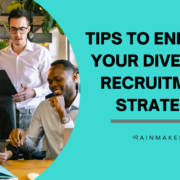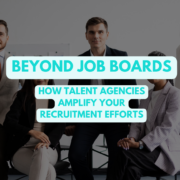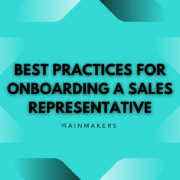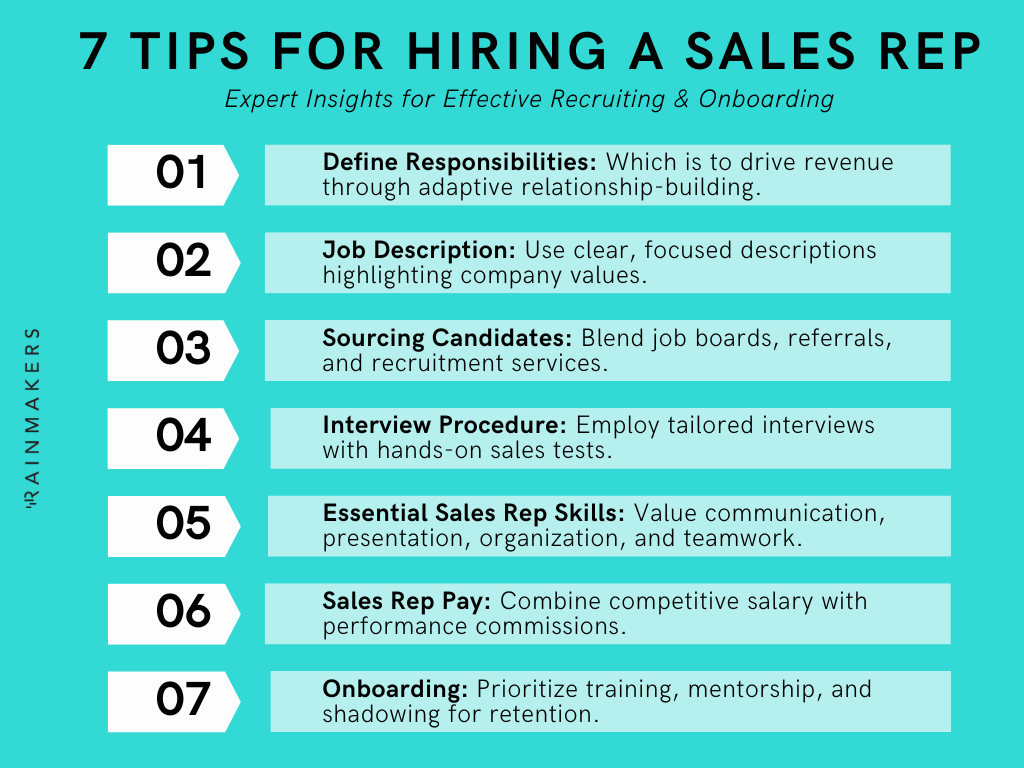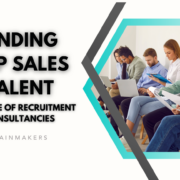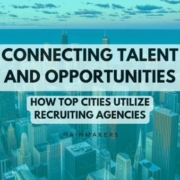Making Every Interaction Count
In today’s competitive job market, it’s no longer sufficient for companies to post a vacancy and expect the best talent to come running. The process matters immensely, from the job posting to the final interview.
This journey, commonly called the “Candidate Experience,” is pivotal in how a potential employee perceives a company and, more importantly, whether they decide to join or look elsewhere. Through this guide, we examine the intricacies of the candidate experience and highlight its primary facets.
1. Understanding Candidate Experience
The candidate experience is a holistic overview of how job seekers view a company’s brand throughout the hiring journey. This extends from the first interaction – typically the job advertisement – to post-interview communications. But why is this experience so pivotal?
- First Impressions Matter: As companies assess candidates, potential employees are also sizing up the company. The hiring process’s feel, tone, and professionalism can set the tone for an individual’s perception of the entire organization.
- Quality Talent Acquisition: A positive candidate experience draws in top-tier talent and encourages them to proceed through your hiring funnel. In contrast, a poor experience can deter them, no matter how enticing the job.
- Employer Branding: Your hiring process speaks volumes about your organizational values and culture. A seamless, respectful, and engaging approach can significantly uplift your employer brand, making you a desired choice for job seekers.
2. Company Knowledgeability
Job seekers today look beyond just the role when deciding to apply; they’re keen to find a match with their values and aspirations in the company’s culture and history. Thus, companies must maintain transparency.
An easy way to achieve this is by prominently displaying the company’s mission, values, and backstory on its main careers page.
Furthermore, offering a peek into the company’s environment through videos, blogs, or employee testimonials can create a genuine connection, making the company more relatable and humanized.
3. Optimizing Your Career Site
Often, the first point of interaction, your career site, acts as a window into the organizational world for potential candidates. Be sure to make it as engaging as possible by following these tips:
- User Experience: Ensure the site is easy to navigate, mobile-friendly, and devoid of complex jargon.
- Up-to-date Information: Regularly update job listings, company achievements, and any organizational structure or culture changes.
- Interactive Elements: Incorporate chatbots for instant query resolution or virtual office tours, allowing candidates to immerse themselves in your workspace even before they apply.
4. The Role of Social Media in Candidate Experience
Social media has become more than a space for personal connections; it’s a vital tool for businesses to express their values and showcase their culture. Platforms like LinkedIn and Facebook allow companies to regularly update their audience with news, achievements, and job openings, ensuring they remain engaged and informed.
But beyond announcements, it’s the candid snapshots from company events or everyday office life that give potential candidates an authentic feel for the company’s environment. Additionally, the interactive nature of social media can be harnessed further through unique, career-focused hashtags.
This encourages current employees to share their experiences, creating genuine, organic engagement and attracting potential hires through authentic narratives.
5. Crafting the Perfect Job Description
The current job market is competitive, and a job description does more than list the specifics of a role. It’s a company’s first chance to make a lasting impression on potential candidates. To ensure this initial touchpoint is both informative and appealing, companies should consider the following:
- Clarity and Inclusivity: Using clear language devoid of jargon ensures everyone understands the role. Moreover, adopting inclusive, gender-neutral wording demonstrates a company’s dedication to fostering diversity.
- Highlighting Role Significance: Rather than merely enumerating tasks, showcasing how the position impacts the company and even the broader industry or society can make the opportunity more enticing for potential applicants.
6. Responsive and Timely Communication
The candidate’s journey through the hiring process is fraught with emotions, from hopeful anticipation to anxiety. Immediate acknowledgments of applications can offer reassurance, letting them know their efforts haven’t gone unnoticed.
Additionally, by keeping applicants updated about their status and offering constructive feedback when not selected, companies can foster trust and respect, leaving candidates with a favorable impression even if they weren’t the chosen hire.
7. An Inclusive and Diverse Hiring Process
Today, more than ever, organizations need to be committed to fostering an environment of inclusivity and diversity. The hiring process is at the forefront of this endeavor. Here is how to do so:
- Bias-Free Tools: Invest in recruitment tools that help reduce unconscious bias, ensuring candidates are judged solely on their qualifications and fit for the role.
- Diverse Interview Panels: A diverse set of interviewers can provide varied perspectives, ensuring a well-rounded evaluation.
- Transparent Policies: Clearly state your company’s stance on inclusivity and diversity on the career page. Highlight any initiatives or programs aimed at fostering an inclusive workplace.
8. Humanizing the Interview Process
Every candidate brings to the table not just their qualifications but also personal aspirations, emotions, and unique stories. Offering flexibility in the interview schedule, especially considering different time zones, can demonstrate an understanding and appreciation of their situation.
Simple yet thoughtful gestures, such as a welcoming atmosphere or a brief tour, can make candidates feel valued. Finally, ensuring the interview is a two-way street, where candidates have the space to voice their questions and concerns, creates an atmosphere of mutual respect and open communication.
9. Onboarding Experience
The journey of enhancing candidate experience extends well into the onboarding phase, playing a pivotal role in ensuring smooth transitions for new hires. Keep this in mind for newly-hired employees:
- Pre-Onboarding Preparation: Improve the newcomer’s first-day experience by dispatching an information package beforehand. This kit could introduce them to the team, outline their initial week, and furnish essential details such as IT setups and parking information.
- Supportive Onboarding: Start them on their journey with the support of a designated mentor, offering a direct point of contact for any inquiries and facilitating their integration into the company culture. This mentorship, combined with an open channel for feedback on the onboarding experience, ensures continuous improvement and addresses any concerns promptly.

10. Offboarding with Grace
The way a candidate or employee exits your company can significantly impact your employer brand. Key aspects to remember for graceful offboarding include:
- Feedback Matters: Providing honest feedback to unsuccessful candidates helps them in their future professional growth.
- Sincere Goodbyes: Ensure that departing employees experience a smooth transition by assisting with knowledge transfers and offering references.
- Alumni Networks: Maintain connections with former employees to turn them into brand advocates.
- Open Communication: Regularly check in with past employees to strengthen ongoing relationships.
- Brand Legacy: The experience of exiting employees leaves a lasting impression and influences how they talk about your brand in the future.
Need Professional Help?
In the era of Glassdoor reviews and instant social media feedback, every step of the hiring process is under scrutiny. Organizations can no longer afford to treat the candidate experience as an afterthought. By focusing on timely communication, fostering inclusivity, humanizing interviews, optimizing onboarding, and ensuring graceful offboarding, companies can genuinely create an experience that resonates.
So, what’s the next step? It’s action! For businesses looking to redefine their candidate experience, the time is now. At Rainmakers, we firmly believe that every interaction, big or small, defines your brand. And in the competitive world of recruitment, a stellar candidate experience might be the differentiation you need.
Quickly & easily sign up with Rainmakers today, at no cost, and let’s create recruitment magic together!




